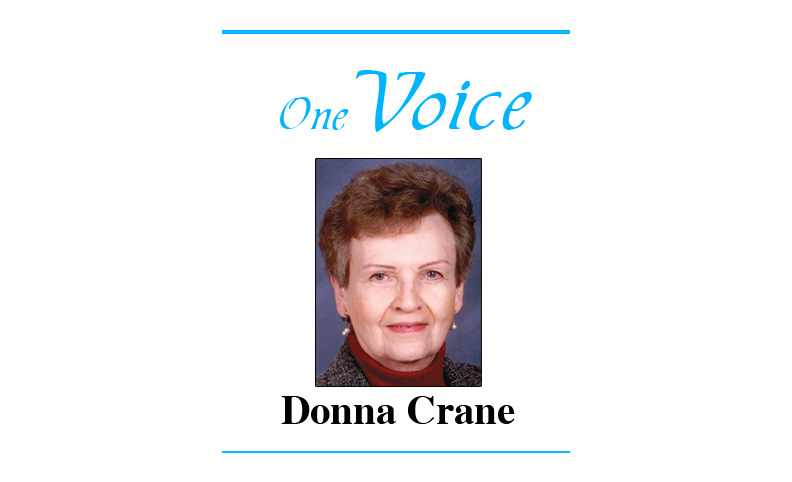
Reprinted from December 2, 2021
Last of four parts
The 1619 Project: A New Origin Story by Nikole Hannah Jones, editor, recently was examined in Kirkus Reviews, which reviews books
The first three parts set up this part four which is a dialogue between Karen Long, manager of the Anisfield Wolf Book Awards, and author Nikole Hannah Jones. The 1619 Project is in reference to the first ship of slaves which arrived from Africa to the British colony of Virginia in 1619. There were a reported 20 to 30 slaves on the ship. Human slavery lasted in the colonies and in the United States until end of The Civil War in 1865.
This part four is a focus on the dialogue between Karen Long (KL) an Nikole Jones (NJ):
KL: “‘What advice do you have for citizens caught up in this struggle?’
NJ: “‘Folks are going to have to become much more organized. The opposition is extremely organized. They are organizing bills and creating apps for parents to report teachers. This is an extremely frightening time. You don’t have to agree with the 1619 Project, but you should be opposed to its being prohibited. School boards are political entities. We are seeing it already: Teachers are losing jobs, principals are losing jobs, for what is hysteria?’
KL: “‘Is there a solidarity among the book’s contributors that parallels the friendship in Joshua Bennett’s beautiful poem ‘The Panther Is a Virtual Animal’?
NJ: ‘“God, I hope so; the chorus of voices in this book connects us. And we will always be connected because of this book. It’s a beautifully-designed book. The poetry and fiction allow you to take your breath, to pause. The photos that open each chapter are of regular folk. Only two feature someone in the essay. Every time I read a chapter, I sit with the image and take in the humanity. Because everything we talk about happened to real humans who love and hurt and aspire.’
KL: “‘If you could give Abraham Lincoln one chapter, what would it be?
“‘[Historian] Martha Jones on citizenship. Because Lincoln obviously did not live long enough to see the Constitution become the Constitution that reflects our founding ideals. I am enamored now, in my head, [with the idea of] his reading what came to fruition after he died. And to sit and acknowledge the role black people played in turning our Constitution into a liberator document.’
KL: “‘If you could give Joe Biden one chapter, what would it be?
NJ: “The chapter on reparations—’Justice.’ Joe Biden is a current president and in a position to actually do something about the legacy. ‘Justice’ for sure.’
KL: “‘Your dedication is to ‘the more than 30 million descendants of American slavery’ and not to the ancestors. Talk about that.’
NJ: “‘I am agnostic; I am not a faithful person. But for the closing essay, I had writer’s block, and I was panicked. And the line just came—’They say our people were born on the water’—and I just started writing. The ancestors delivered that line to me—I felt that so much. And I felt the power of that number. To know that this horrific, barbaric atrocity gave birth to 30 million people in this country right now. To me, that is a tribute to the ancestors, that their suffering and struggle produced those of us who are here. This book is dedicated to the descendants, who know how hard it is to feel that you have no true origin story, such a difficult relationship with the only country that we have ever known. I am so grateful to just have a testament to them as a people; that’s what I heard out on the road, over and over, talking with black people about the 1619 Project. It is ultimately what we did this project for, for us, so that we can hold our heads up. We are our ancestors’ greatest testament.)’”
Karen R. Long is the manager of the Anisfield-Wolf Book Awards and former book editor of the Cleveland Plain Dealer.

